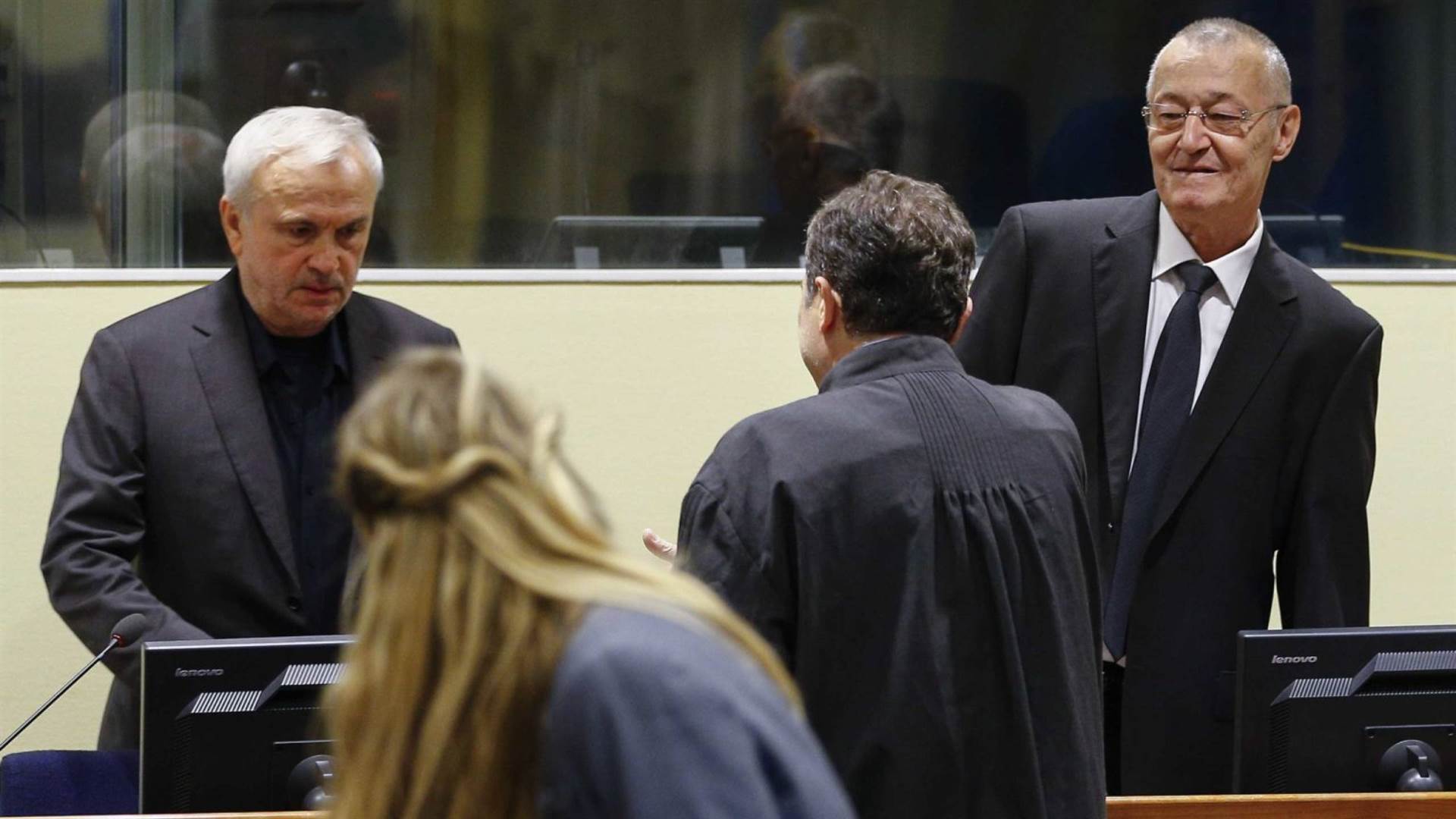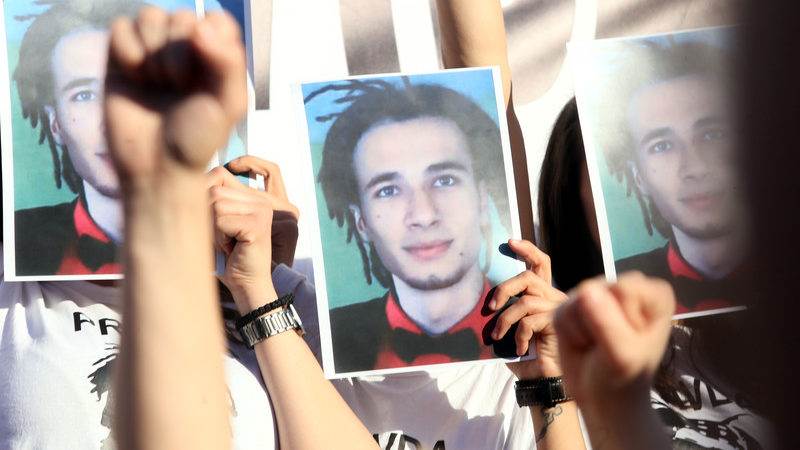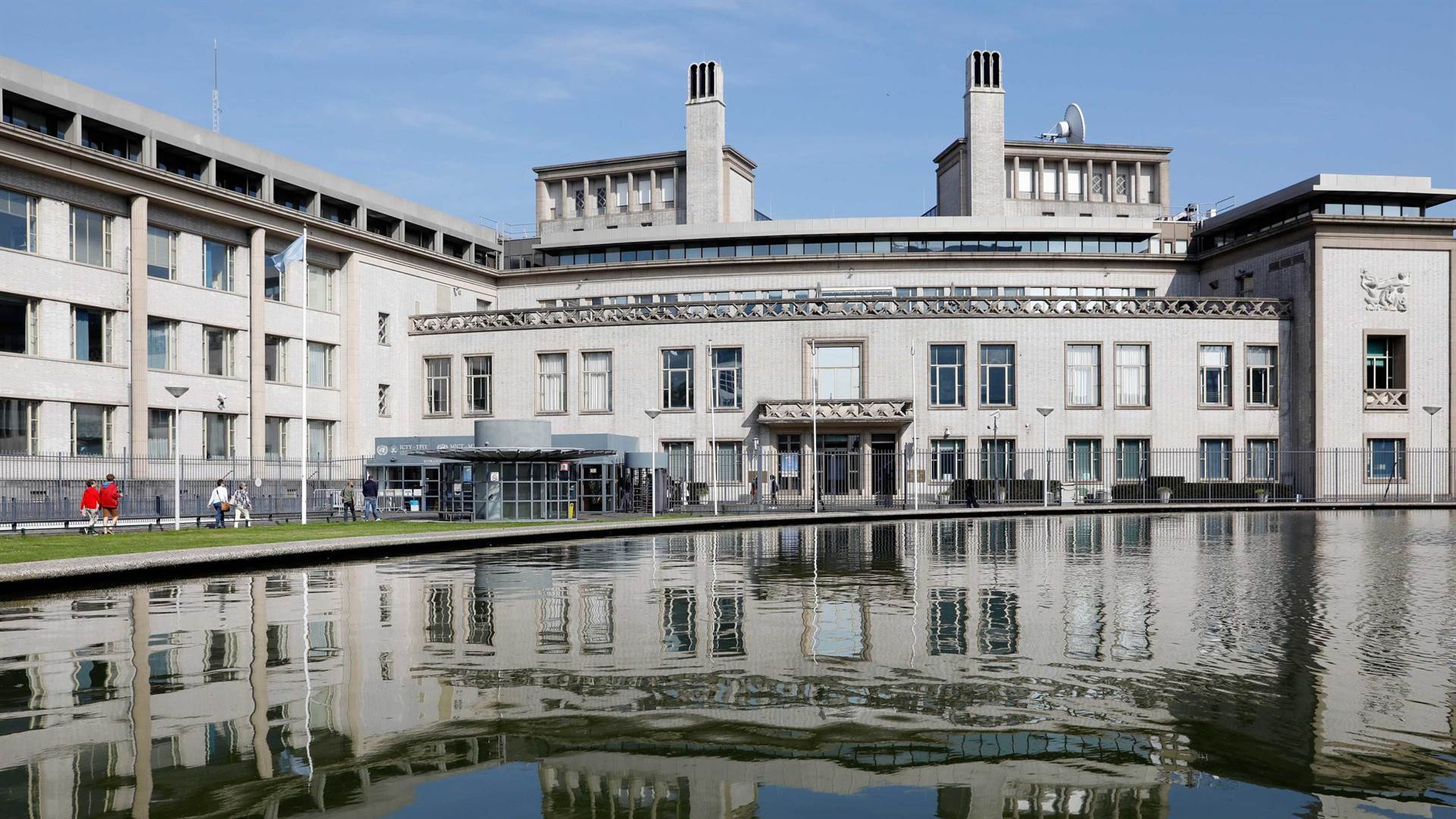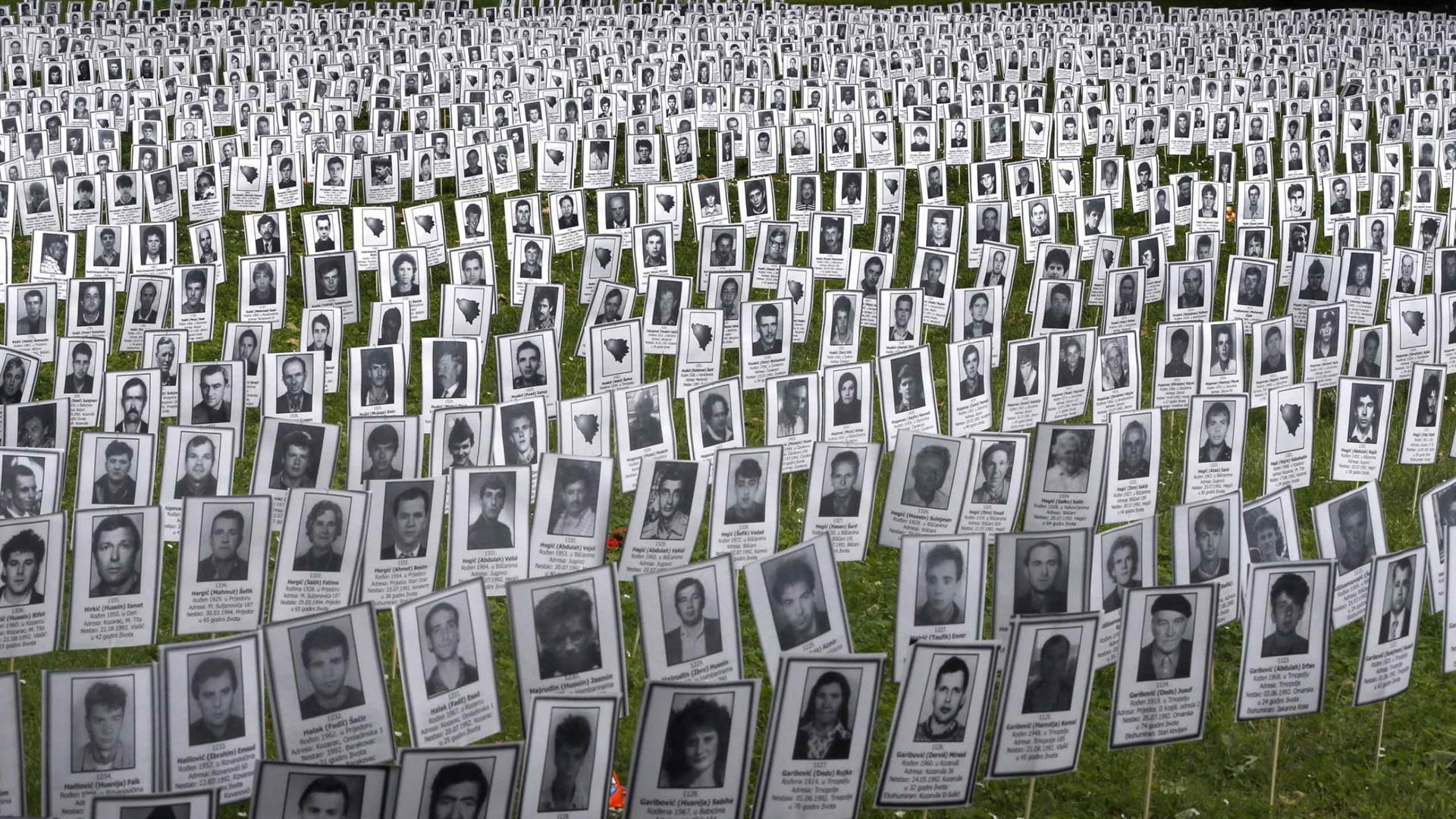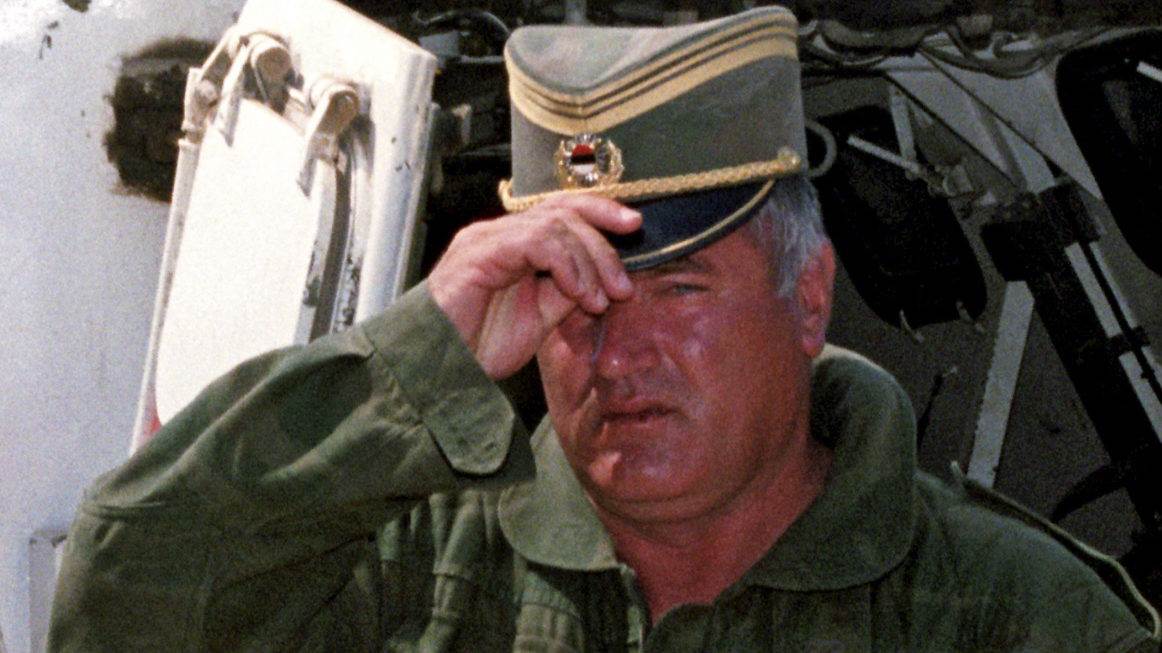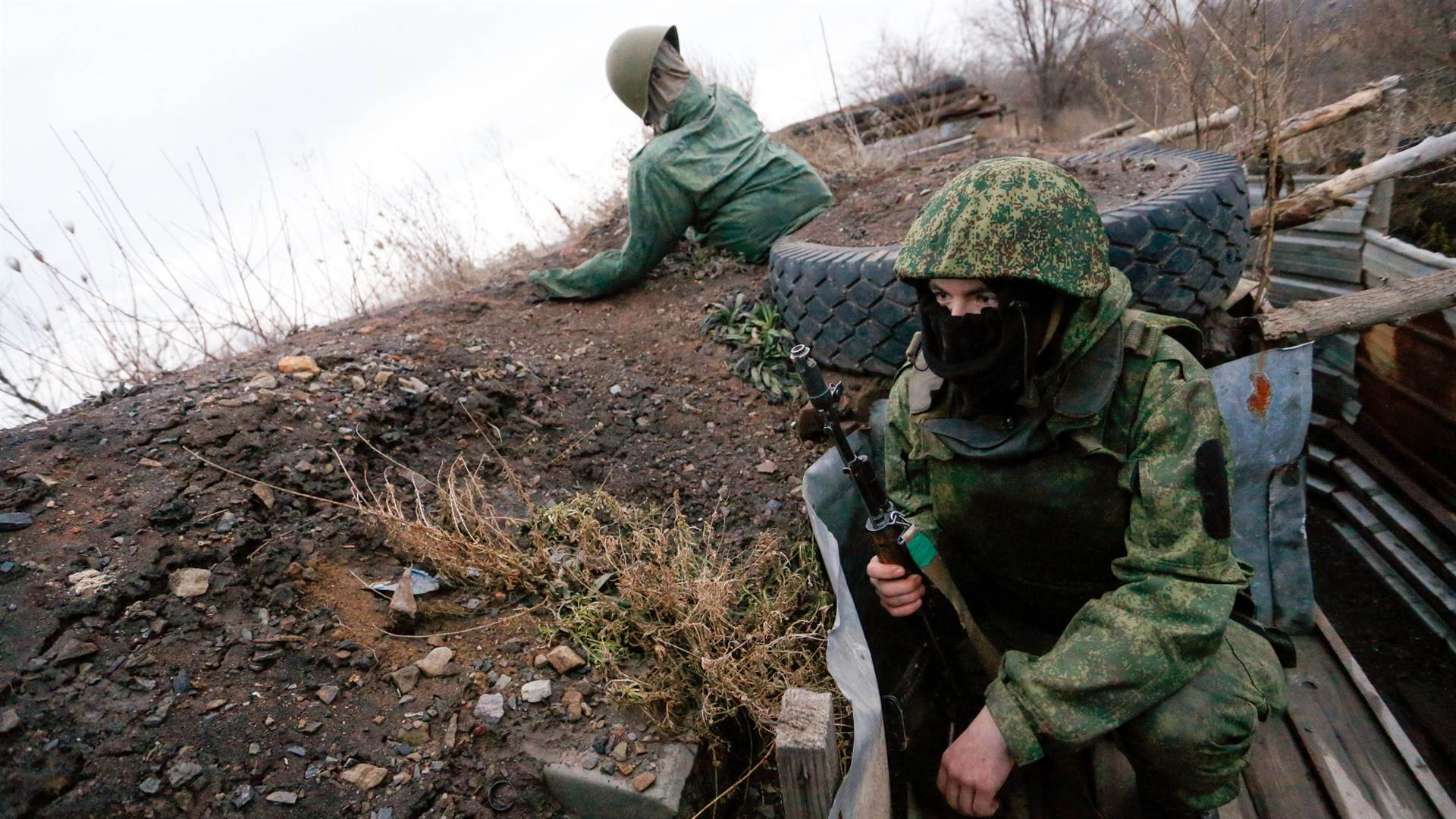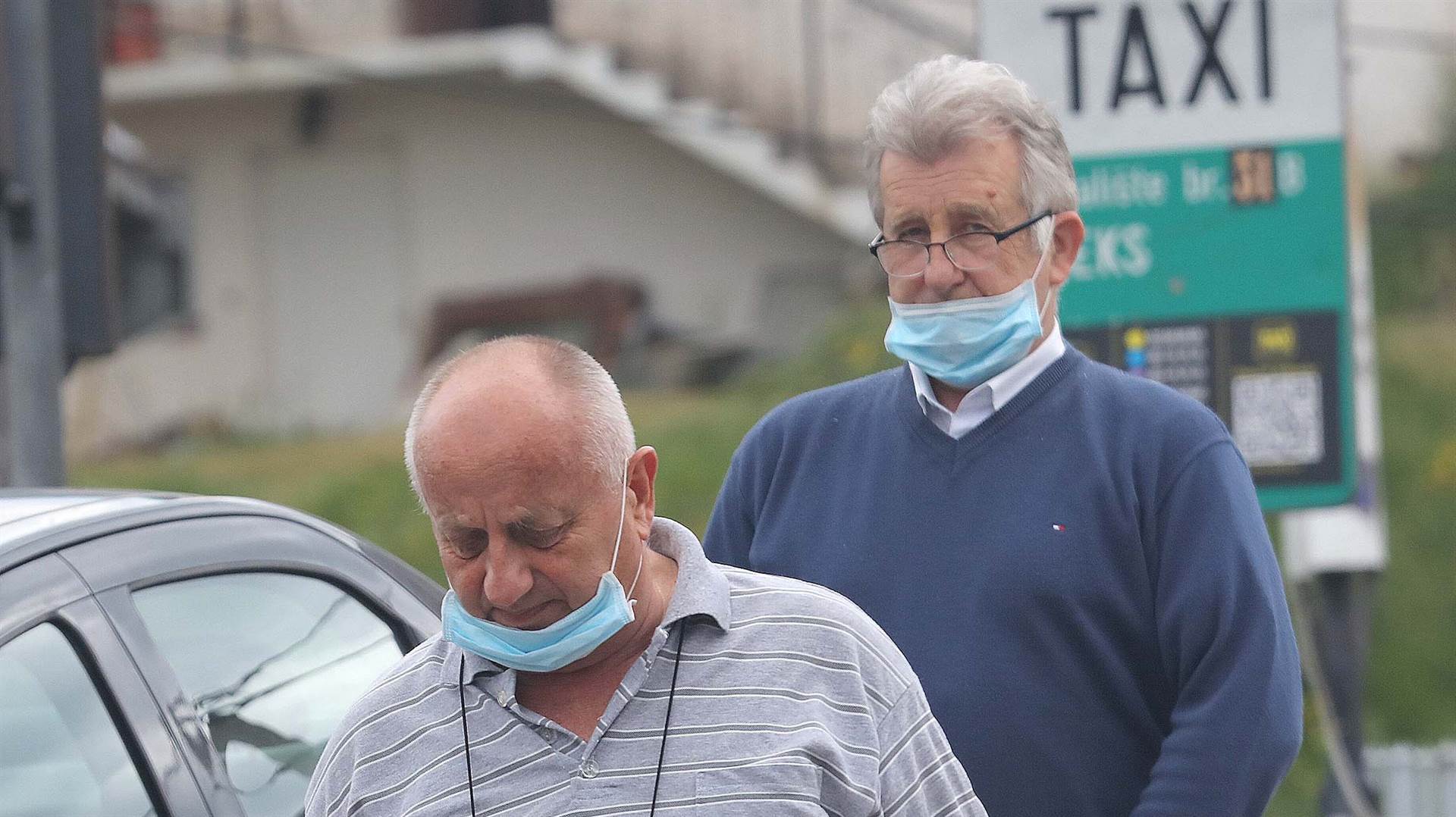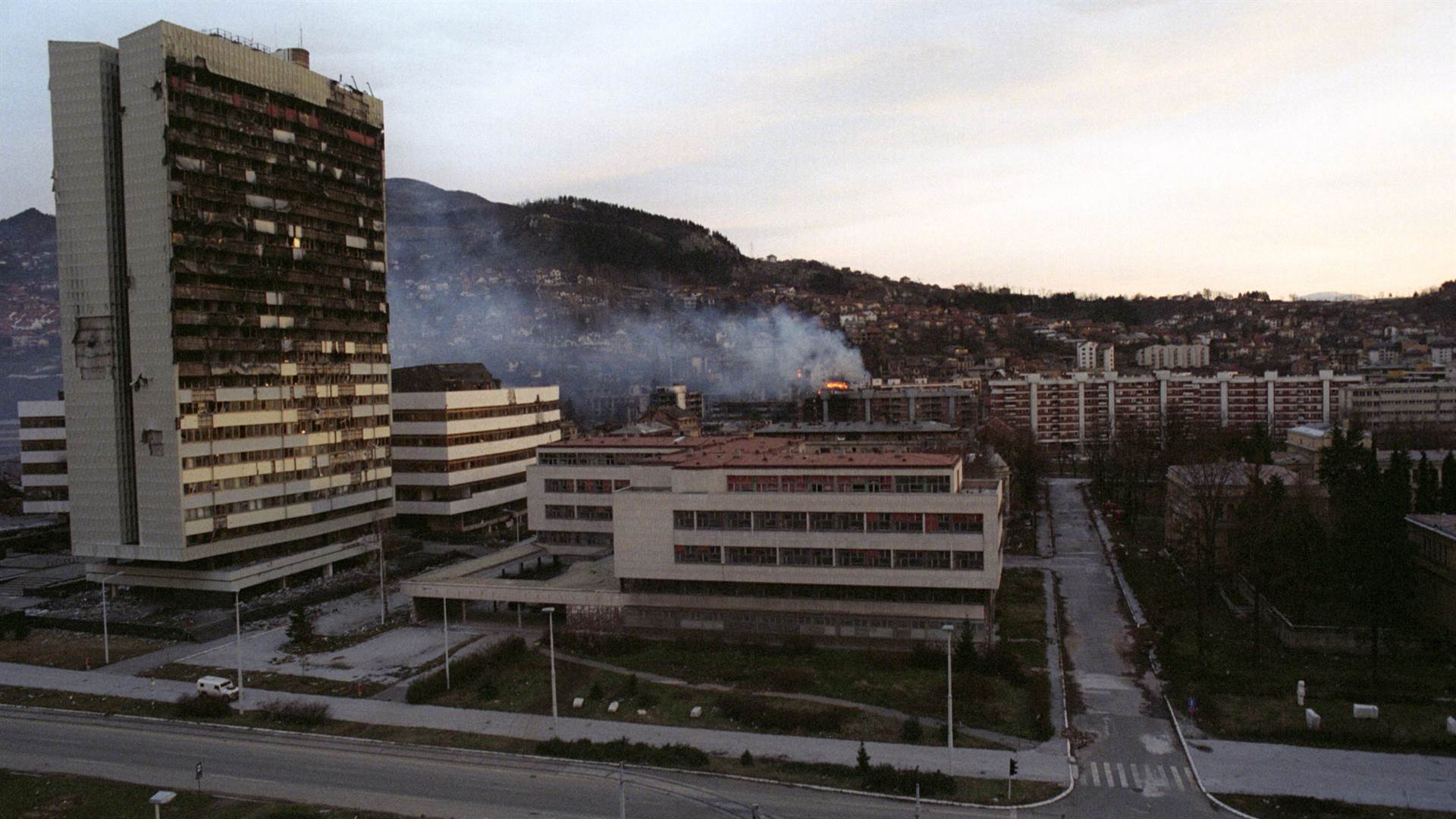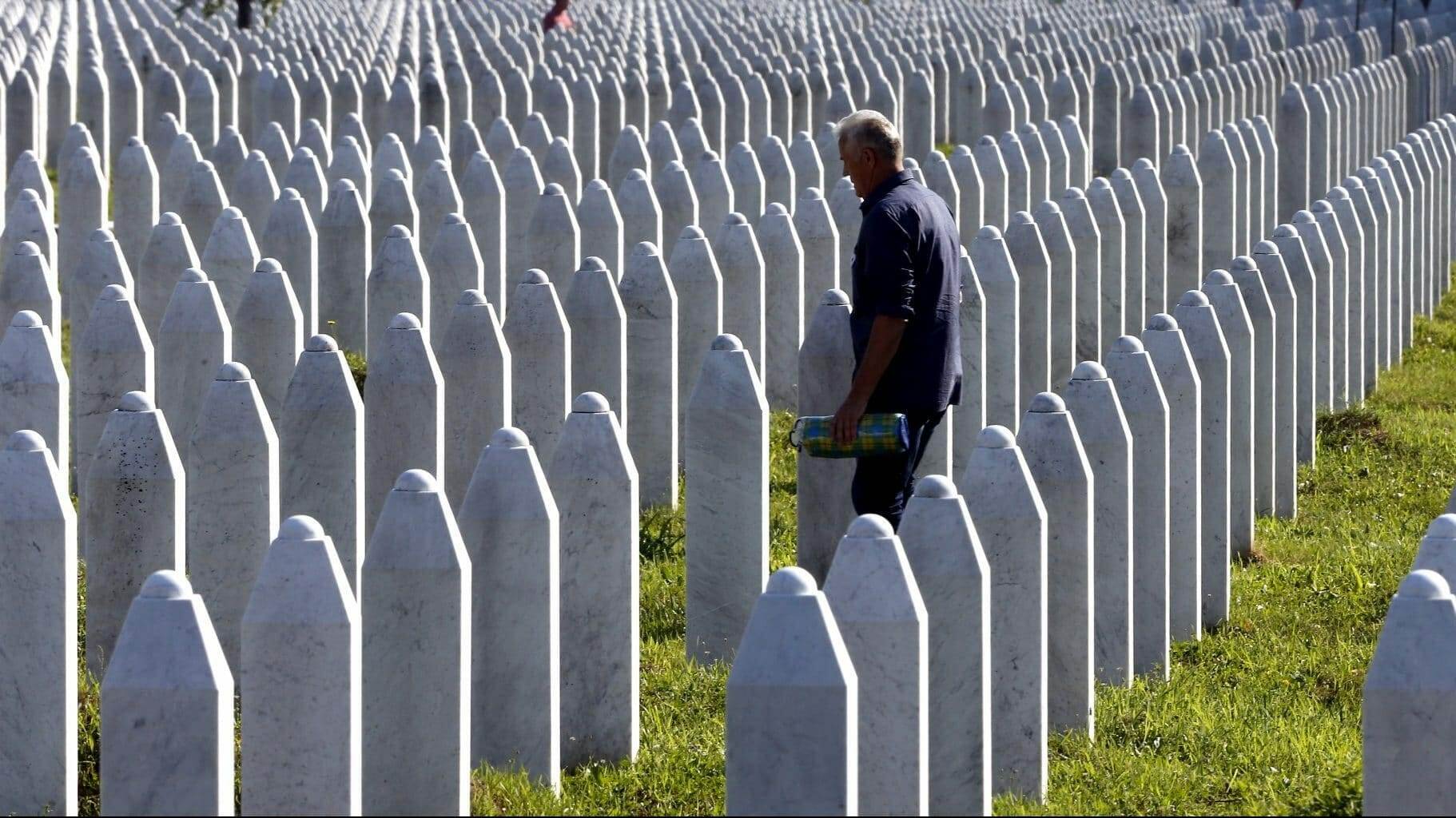War survivors in Bosanski Samac still remember the brutality of Serbian State Security fighters deployed to their town in 1992, where they committed crimes that eventually led to landmark convictions...
In less than two years, the Banja Luka police has filed at least 160 charges against activists seeking justice in the Dragan Dragicevic case – which experts see this as...
Ahead of the initial verdict in the last trial at the Yugoslav war crimes tribunal, BIRN looks back on the landmark judgments, controversies, successes and failures in the UN court’s...
Bosnian war survivors want former Bosnian Serb military chief Ratko Mladic to be found guilty this week of genocide in five Bosnian municipalities in 1992 as well as genocide in...
He was a devoted Yugoslav soldier, then a war crimes suspect on the run - now former Bosnian Serb military chief Ratko Mladic awaits his final court verdict for the...
Leaders of the Union of Donbas Volunteers, which has recruited paramilitary volunteers from the Balkans to fight for Moscow-backed separatist forces in eastern Ukraine, are hoping to run in alliance...
Serbia granted citizenship to Bosnian Serb war crimes defendant Mirko Vrucinic two months before he absconded from Bosnia and Herzegovina and failed to appear in court for closing arguments in...
A report funded by the government of Bosnia’s Serb-dominated Republika Srpska entity claims Serbs were subjected to ethnic cleansing in wartime Sarajevo, but its allegations differ from facts established by...
After the latest in a decade-long series of unsuccessful attempts to pass a law banning the denial of the Srebrenica genocide, Bosnia and Herzegovina’s top international official could take action...

